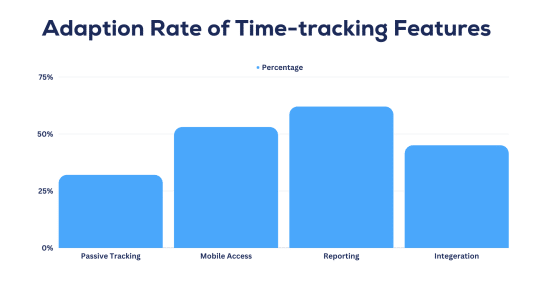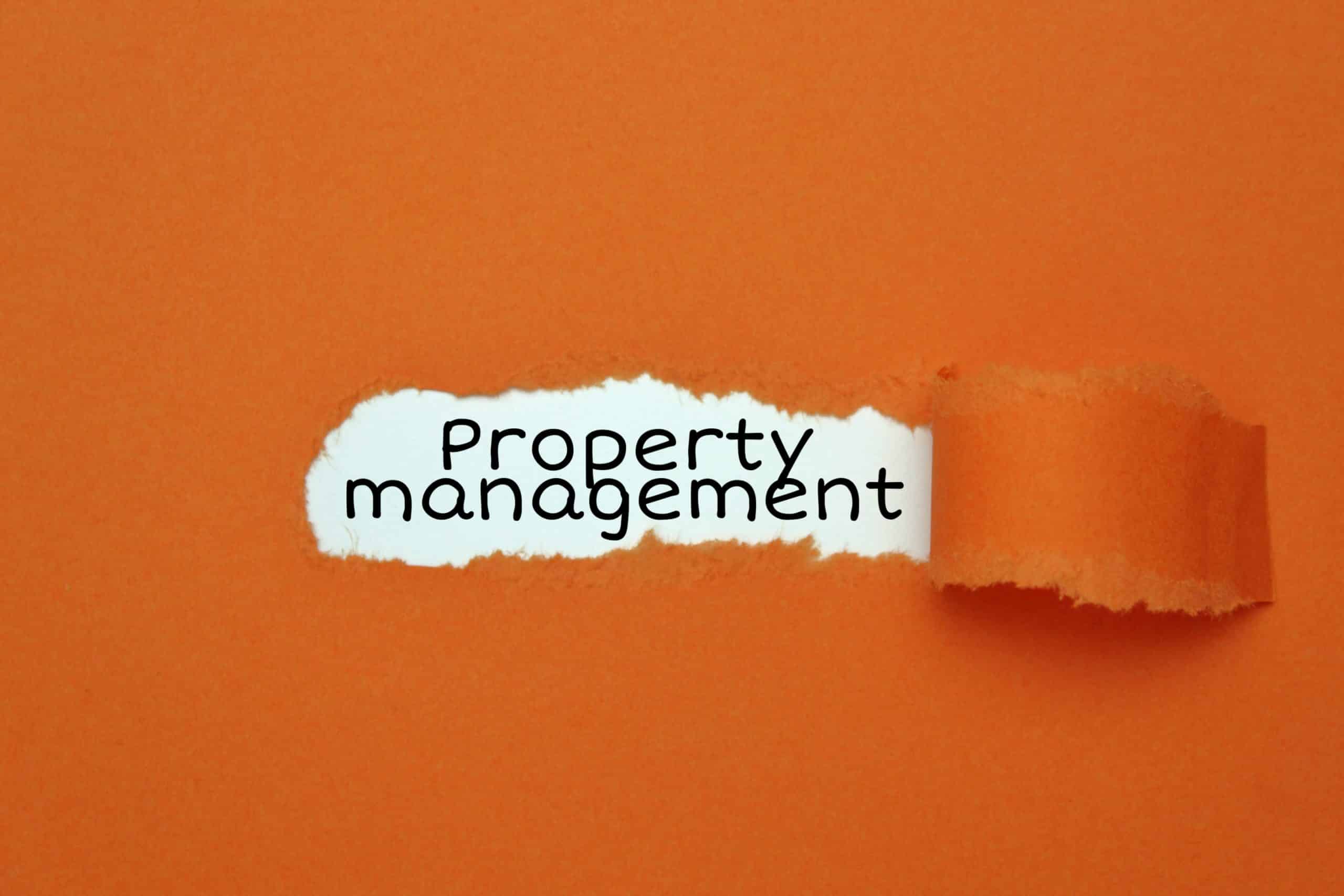Efficient Client Engagement: Call Center Software for Lawsuit Attorneys – Guest Post

Effective client engagement is the lifeblood of a successful legal practice. As the market becomes more competitive, lawsuit attorneys must find ways to build trust and provide excellent service. to clients. Call center software could assist with this. Call center software can help by streamlining tasks. It can also help to automate repetitive work and allow personalized outreach on a larger scale.
The Importance of Client Engagement in Law
Client engagement is vital for strong attorney-client relationships and law firm success. Engaged clients are happier, loyal, and more likely to refer others.
Effective engagement starts right from the initial interactions and throughout a legal matter. To achieve this, it’s essential to invest time in understanding client needs. Then, set clear expectations, maintain open communication, and provide excellent service.
According to Harvard Business Review, engaged clients generate 23% more revenue than an average client. Moreover, they are less likely to leave for a competitor. Reports show that 80% of customers prefer to stay with a firm that shows interest in their case and manages their expectations.
On the flip side, dissatisfied clients are more likely to leave, costing up to 7 times more to replace them. Most clients also mean lost referrals, affecting profits and growth.
The Evolution of Client Engagement: From Traditional Methods to Call Center Software
Client engagement has come a long way. In the past, it relied on face-to-face meetings, phone calls, and letters. However, these methods had limits when dealing with lots of client communication and complex cases.
Now, with advancements in legal technology, call center software is now available and can use AI for predictive analytics. This can help to gain data-backed insights into client needs and behaviors.
Additionally, call center solutions have omnichannel engagement features. Call center solutions can also integrate seamlessly with legal practice management tools. This enables attorneys to engage clients across various platforms. They automate repetitive tasks and see the big picture of a case’s life.
Key Features of Call Center Software Tailored for Lawsuit Attorneys
Here are some key features of call center software tailored for Lawsuit Attorneys
1. Matter-Centric Chat
When client data is scattered across emails, documents, and spreadsheets, it can lead to information gaps. This is where call center software steps in. It brings together all client interactions, and documents in one place, and organizes it by relevant matters. This unified approach creates complete matter profiles that attorneys can access swiftly. This gives them the information they need to build robust cases.
The call center software also centralizes communication through chat, SMS, and email. This prevents any crucial details from slipping through the cracks. Plus, with the entire team collaborating within the same platform, you can be confident that nothing will get lost.
2. Process Automation
Another key feature of call center software is that it can create workflows for simplifying repetitive tasks. By automating these tasks, administrative work is reduced. This allows attorneys to concentrate on their legal expertise and meet SLAs (Service Level Agreements). Here’s how it works:
- Intake forms make data collection consistent for new clients.
- Document collection checklists make gathering information easier.
- Self-service appointment scheduling is made possible.
- Timely payment reminders help with collections.
- Customizable email and SMS templates allow for efficient outreach.
3. Analytics for Data-Backed Decisions
Call center software also provides valuable analytics of unified data. These analytics cover engagement metrics, case outcomes, billing performance, and more.
These data-driven insights assist attorneys in making informed decisions. These decisions can range from case acceptance to pricing, and technology investments. These decisions are crucial for fostering ongoing improvement.
4. Enhanced Billing & Payments
To make billing and payments smoother, call center solutions have payment features. These features include robust time tracking, pre-billing checks, and batch invoicing. Additional features are automated payment reminders and various online payment options. These measures help streamline collections and prevent revenue losses.
Attorneys, for instance, can create unique payment schedules. In emails or texts, they may easily insert payment URLs. This simplifies customer financing. Additionally, lawyers may see exactly how much is billed and collected for each case. This ensures transparency in finance.
These payment options were made with legal procedures in mind. They aid lawyers in generating more income and winning clients’ confidence.
5. Time and Expense Tracking
The robust time-tracking feature of call center software helps attorneys keep track of billable hours. It simplifies accounting with built-in payment processing. It also offers detailed visibility into expenses for different matters and tasks. This ensures transparency and trust with clients and no unexpected invoices.
Benefits of Client Engagement through Automation
Automation ensures consistency, and personalized client attention at scale. By leveraging automation with call center software, attorneys can perform the following duties:
- Schedule personalized emails and texts for case updates, reminders, and check-ins.
- Standardize data collection with intake and contact forms, reducing manual follow-ups.
- Offer one-click appointment booking with automated confirmations and reminders.
- Simplify payments with included links and automated reminders based on terms.
- Guide new clients with onboarding checklists and nurture post-signing relationships through drip campaigns.
Security Considerations for Call Center Software
Given the sensitive client information handled by law firms, security is of utmost importance. This is especially true when evaluating call center systems.
Watch out for features like bank-grade encryption, two-factor authentication, and granular access permissions. This helps to ensure data protection and privacy.
Additionally, choose a software vendor with SOC2 compliance certification. This guarantees stringent data security standards. This ensures that client data remains safe from breaches and complies with regulations like HIPAA.
The Competitive Edge: How Call Center Software Can Elevate a Law Firm’s Practice
Call center software offers substantial benefits to lawsuit attorneys. Here are some known benefits.
- Law firms using this software report an average 11% increase in annual revenue. This was achieved through more efficient client engagement.
- 75% of users experience higher caseloads and the ability to expand their practice areas. This is because of the time saved through process automation.
- Billable hours per attorney improve by an average of 20% when manual and repetitive tasks are automated.
- Collection rates rise by 30%. This occurred, thanks to streamlined invoicing processes and automated payment reminders.
- By utilizing templatized workflows, the entire onboarding process is reduced from weeks to mere days.
With the right tools at their disposal, law firms can significantly enhance productivity. They can also improve the client experience. Additionally, they can expand their practice and benefit from transparency and data-driven insights.
Integrations and Compatibility with Other Legal Practice Tools
To enhance their legal practice, attorneys can integrate call center software with platforms, such as:
- Tools for managing practices like Rocket Matter and Clio.
- Solutions for managing documents like NetDocuments and iManage.
- Payment processing solutions like LawPay and ClientPay.
- Case management software including Needles and MyCase.
- Calendaring apps like Google Calendar and Outlook.
Lawyers can centralize client data by combining these platforms with call center software. End-to-end automated processes between systems are made possible by this. Additionally, it guarantees seamless data and insight transfer between linked platforms. This increases productivity and prevents double data entering.
Conclusion
A contact center’s software combines data-driven insights with omnichannel customer engagement.
Adopting this legal technology gives law firms a competitive advantage. They get more client trust, responsiveness, and overall success as a result of it. As a consequence, there is steady growth, elevated profitability, and lower client churn. Lawsuit attorneys should seize this chance right now.
Study up on how call center software may change client engagement for your business. Set up a customized demo right away.
FAQs
Q: What distinguishes lawful call center software from generic alternatives?
A: Software for legal contact centers includes features like integrated billing and high security.
Q: How is the privacy of customer information protected?
A: The best call center software for lawyers features two-factor authentication and encryption.
Q: How does automation enhance the courtroom experience for clients?
A: Call center software automation offers prompt attention and replies. During court procedures, this promotes confidence.











